National Highways hailed the move as it sets out to become the UK’s first carbon neutral construction project.
It is the first time anywhere in the world that a hydrogen construction machine has moved beyond testing and into live deployment on a major infrastructure scheme.
The JCB machine, supplied by Flannery Plant Hire and fuelled by Ryze hydrogen, is working for Skanska as ground investigation gets underway around the route of the road near Gravesend in Kent.
The Government with adviser Mace is presently working up the financial model to deliver the massive infrastructure project using a private finance model.
While funding has still to be announced, National Highways said today that it hoped construction could start as early as 2026 with opening in the early 2030s.
The Lower Thames Crossing aims to slash its construction carbon footprint by 70% through new methods, materials and technology.
By 2027 it plans to eliminate diesel from its worksites completely, making what will be the largest ever purchase of green hydrogen for a UK project.
The remainder of emissions will be offset in the early 2030s once reduction efforts are exhausted.
Roads and buses minister Simon Lightwood said the project shows that “major infrastructure can be delivered hand in hand with environmental targets.”












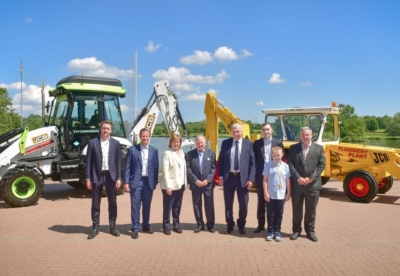
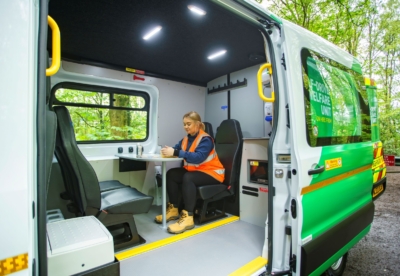

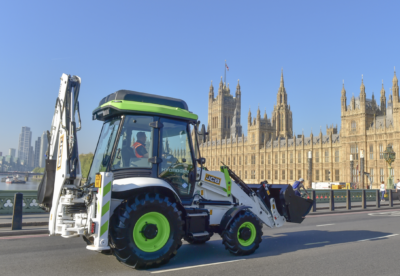
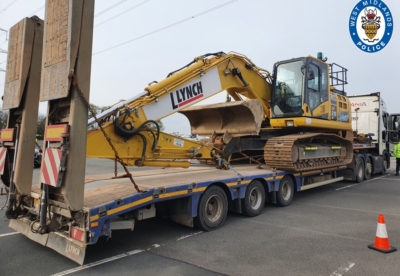


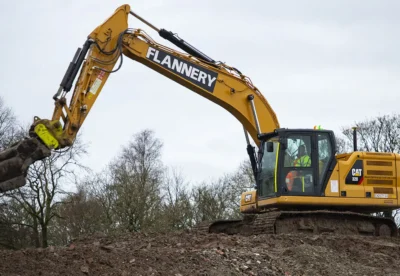
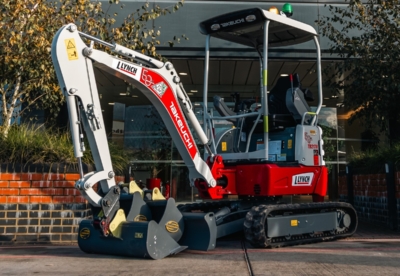
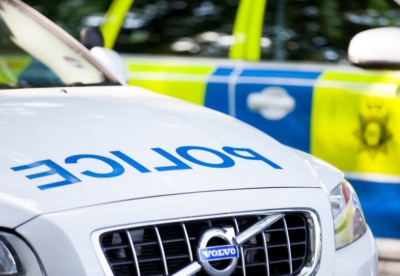
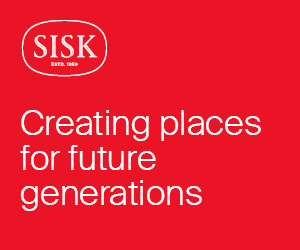
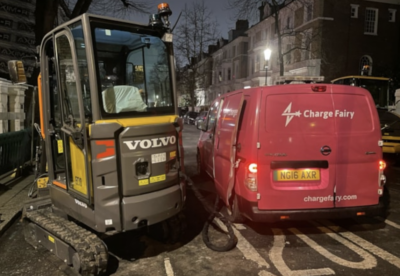

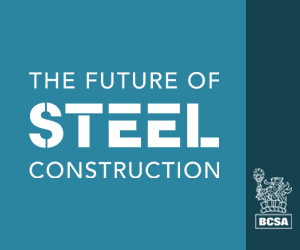
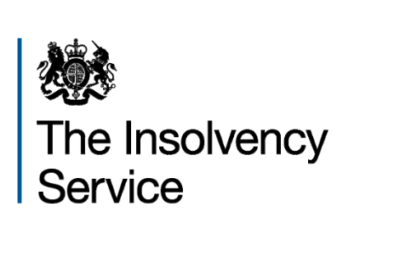
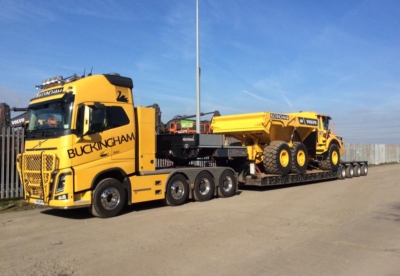
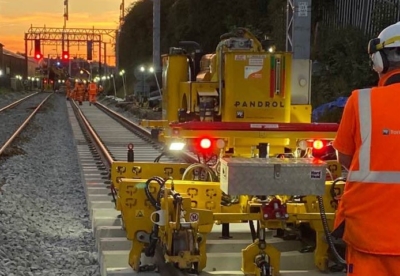


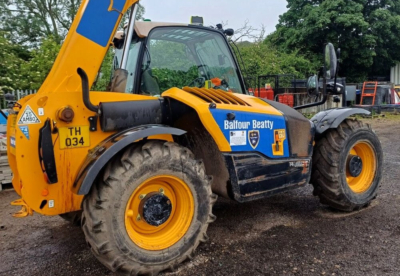
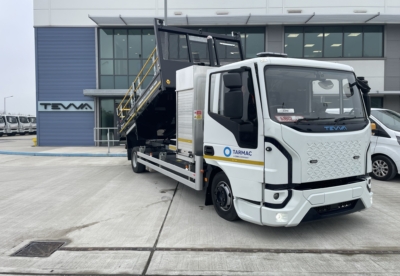

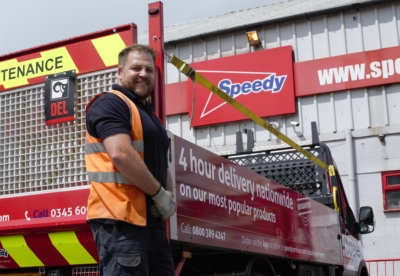
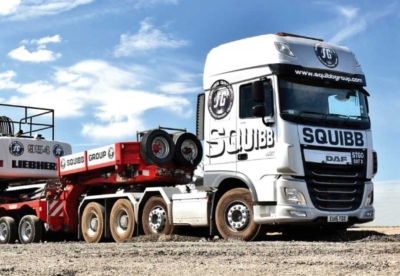

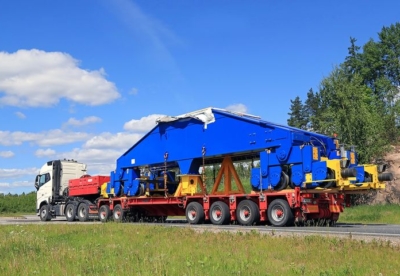
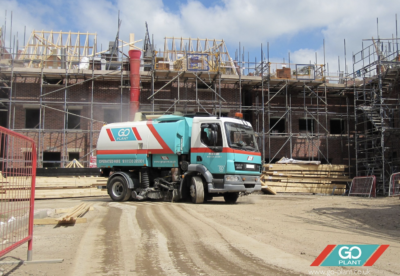
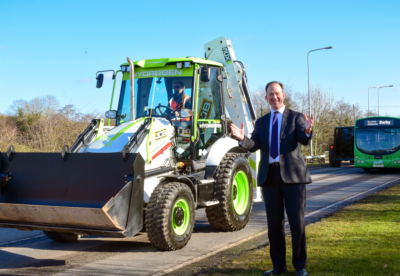


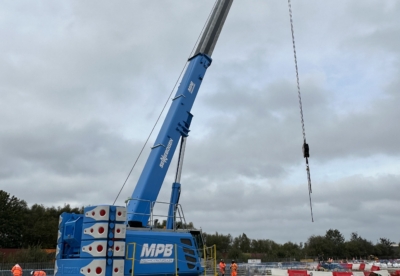
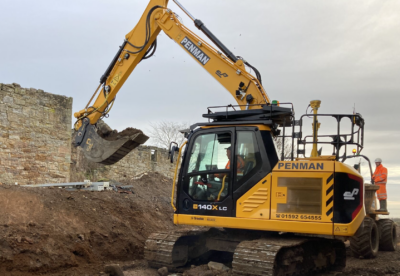

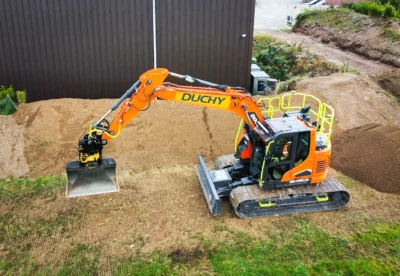
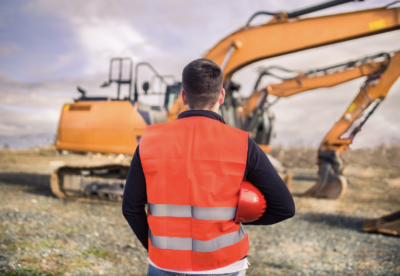
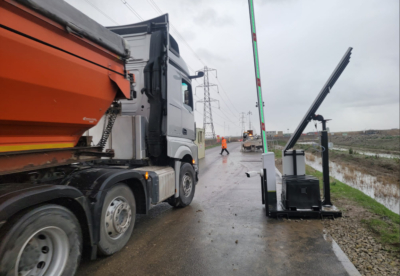





.gif)

